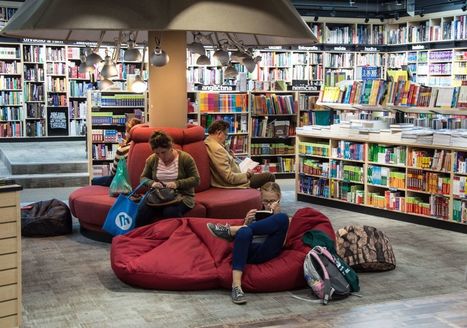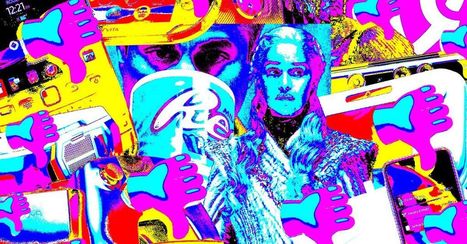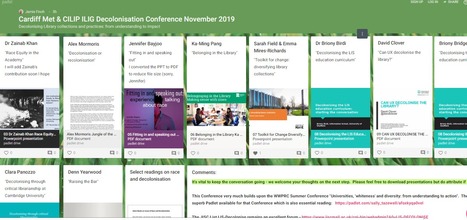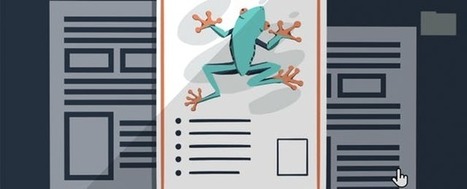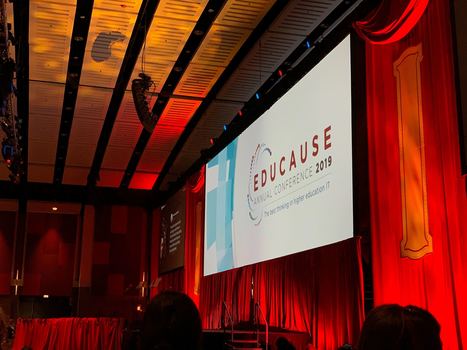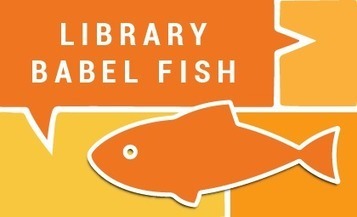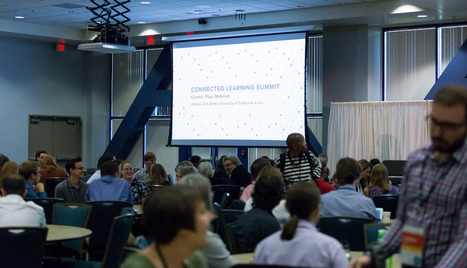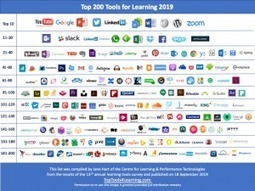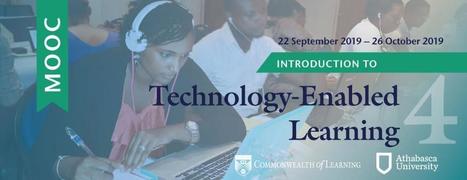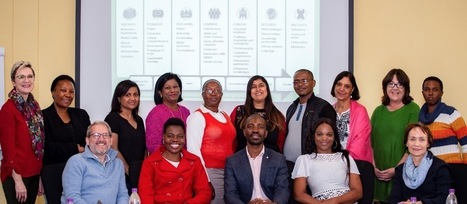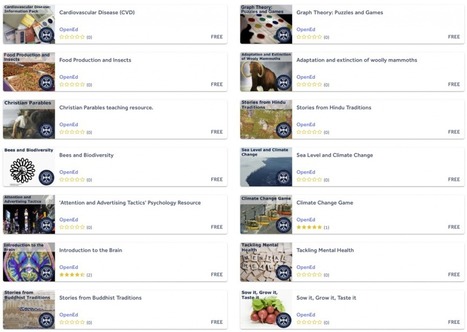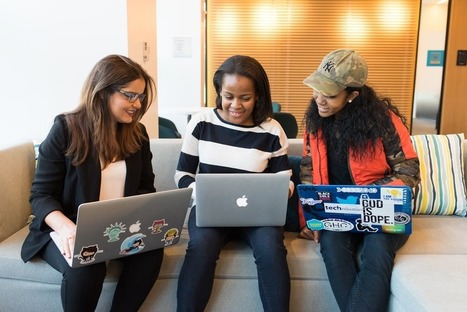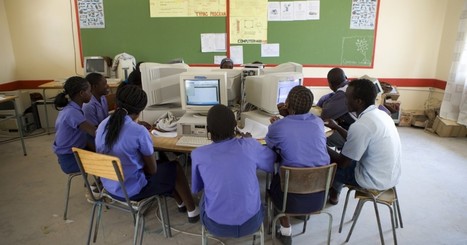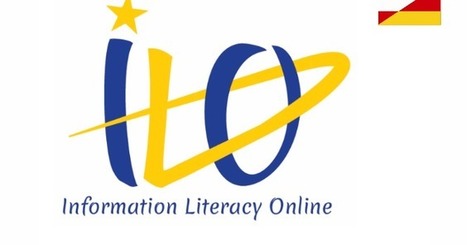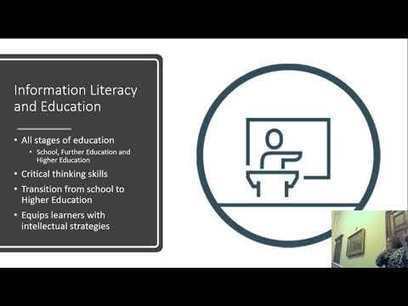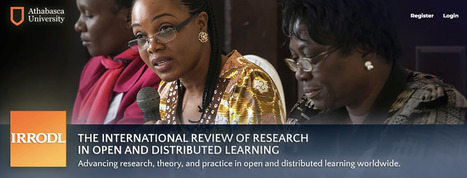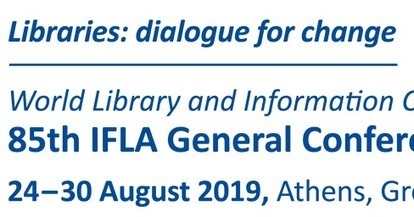On December 03rd 2019, Stuff news reported on the results of the 2018 round of the OECD’s PISA(1) testing in Reading Literacy, Mathematics Literacy and Science Literacy(2). The article noted the consistent downward trends in achievement, since 2012, of New Zealand 15 year olds in these three ‘curriculum’ areas.
I want to concentrate on Reading Literacy. In 2018, students were selected from subject English classrooms to complete the PISA test, and the subsequent analysis then refers to English classrooms, teachers and their practice. My assumption therefore was that the ‘literacy’ test would focus on the conventional skills of comprehending and explaining the language and literary features of texts – that comprehension meant understanding what the texts were about at surface and deeper levels. And like many initial assumptions, it was misinformed.



 Your new post is loading...
Your new post is loading...

